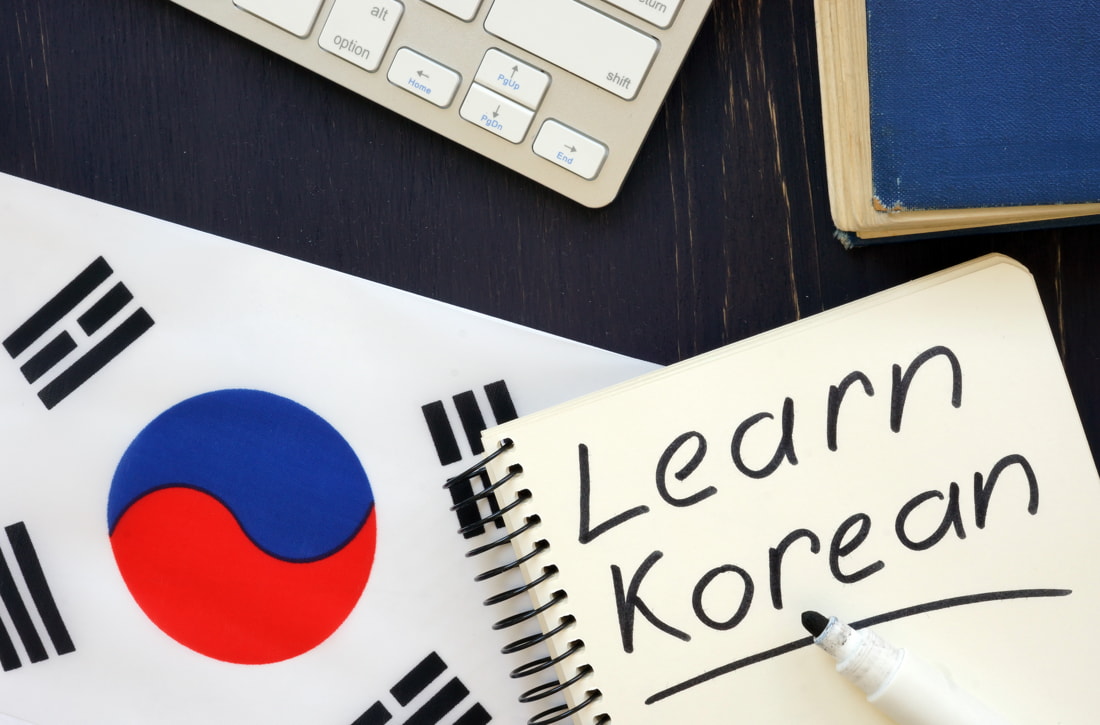The nation establishes itself beyond the pursuit of records. New Zealand athletes dedicate themselves to restoring sporting traditions while commemorating their achievements from Birmingham 2022, where they showed inconsistent performance.
Pressure, Passion, and Performance: Why 2026 Feels Different
New Zealand residents exhibit distinct feelings toward the upcoming 2026 games ahead of time. The Birmingham 2022 competition brought 49 total medals to the team, including 20 gold medals, which were their first-ever win at the games. Modern-day athletes pursue personal competition victory and prolonged triumph at the Olympic Games. The betting community now shows more significant interest in New Zealand athletics, as predictions for New Zealand athletes can already be found on Melbet. The national priority remains cycling, rowing, and athletics, while high-level sports facilities undergo fast updates. The New Zealand Olympic Committee organizes realistic simulation events that duplicate everything the games present, from atmospheric noise to weather conditions.
Success on this occasion depends heavily on proper mental preparation. Both Eliza McCartney (pole vault) and Dame Valerie Adams (now athlete mentor) have suffered from media scrutiny and burnout during their many years of competition. They view an athlete's mental fitness as the essential factor for winning. A mental transformation will give New Zealand its most significant competitive boost for the upcoming event.

Rising Stars Ready to Break Through
Athletes rose through the ranks and took center stage in sports, while Lisa Carrington remained at the top of her training level. Georgia Hulls demonstrates her capability to break national records in sprint events, while Erika Fairweather competes against elite competitors in her swimming specialization in international competitions at age 19. These developing athletes possess excellent prospects of securing medals. All competitors must reach their peak capabilities because they compete against each other in the Australian competitive environment. The betting platforms observe this rising talent closely because they have already published odds on the Australian NRL through https://melbet.org.nz/en/line/rugby/230737-australia-nrl. In contrast, Australian origins play a significant role in this early interest.
A Nation Rethinking Its Entire Game Plan
This country is pointedly switching things up. Following the 2022 reviews, NZOC redefined its coaching and selection policies. It allocates more money to analytics and also tracks basic movement to fully prepare athletes for numerous different settings. Top-level support and coaching staff expect the use of altitude tents and heated training rooms as standard, which is considered the minimum standard for top-level preparation. Training needs have shifted to advanced training.
The following changes are currently being made at training centers like Cambridge and Auckland:
- Utilization of active biometric data for tracking performance: Tracking fatigue, recovery, and stress - Around the clock.
- Athlete and sport-specific nutrition plans: Out to macro nutrients, timing, and supplement cycles.
- Psychological resilience workshops: Conducted by medal winners alongside clinical sports psychologists.
- Environmental simulations: Acclimatization for multi-variable weather and terrain in Victoria.
And what do you get? A better integrated model for working on elite sports—broader, sharper, and stronger at execution. These changes and actions Australia and England took show that New Zealand is falling behind in its infrastructure. There is no lack of rivalry; every advantage counts.

Beyond Medals: What the Games Mean to the Nation
During these Games, New Zealand has an essential opportunity to demonstrate its status as a sports power to the world. The government increased funding for selected sports by 30%, after which the athletes achieved double the gold medal expectations.
All New Zealand community networks unite behind this effort. The government dedicates funding to local sports organizations for athletic exhibitions. Educational establishments teach students about Commonwealth values as part of their physical education curriculum. People from every corner of the nation feel immense enthusiasm for this competition.
New Zealand commits total national support to the Games because skilled athletes and substantial country backing empower it. Through their travel, the team plans to deliver major influence, which will establish an enduring legacy by accomplishing their milestones.















